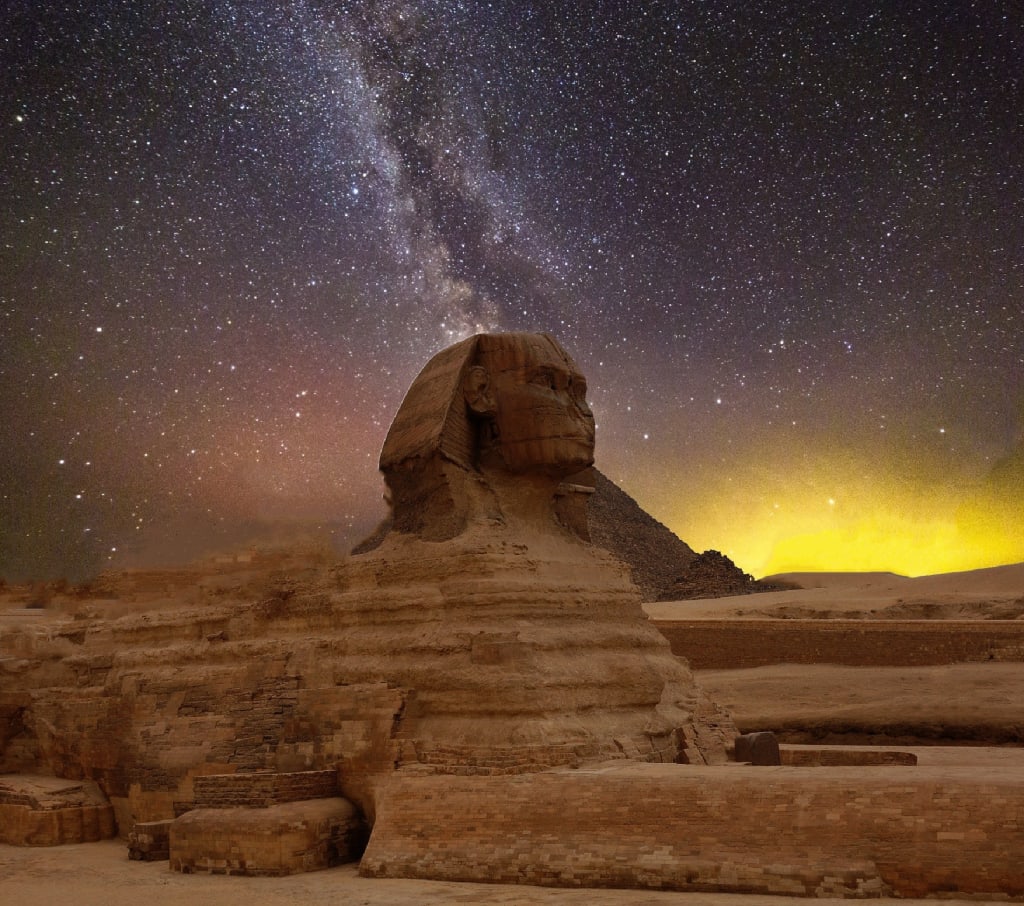Religion and Science
A closer look at these two subjects

Existence of God? That must be the most existential query we all ponder at some point. It is a mortal sin if you were raised in a religious home to question the existence of a supreme heavenly being who created the cosmos and you. Keep in mind that I typed "God" as a proper noun since, after all, He was, He is, and He always will be. He cannot be destroyed or created; He just states, "I am." That will be sufficient for a believer to accept His presence, but did you know that physics has a law that is comparable to that? Let's start by exploring the "creation tale" as described by physics.
Our solar system was even darker and colder than it is today, but these were the ideal conditions for the birth of a star. At temperatures close to zero, gravity began pulling dust and gas together into a massive cloud, which collapsed inwards, crashing into a glowing hot ball of gas, a proto-star. This star's voracious appetite drew in so much gas that only jets of hot matter were propelled from its poles, stretching light years into space. The newborn star grew for thirty million years until it became hot enough to generate power on its own. The sun was created by traceable energy. The energy that formed the sun may be traced back to the beginning of time when there was no matter and all that existed in the cosmos was energy. This energy could be described as the "rule of conservation of energy" because it was never generated or destroyed.
Therefore, the sun, which in turn formed our planet, all of the life on it, and the entire solar system, was created by this eternal energy. Does the idea of an energy that cannot be generated or destroyed and a God who cannot be created or destroyed have anything in common?
It is also worth noting that the concept of energy in science is not the same as the concept of God in religion, and they have different origins and contexts. The idea of energy has a long history in science and philosophy and has been developed and refined through scientific investigation and experimentation. The concept of God, on the other hand, has been a central part of many religious traditions for thousands of years and has been shaped by the cultural, historical, and personal experiences of believers.
The concept of God in various religions is often described as being eternal, omnipotent, and the creator of all things. The idea of energy as being indestructible and a fundamental aspect of the universe also have some similarities to this concept. However, it is important to note that the concept of God in religion is often much more complex and multifaceted than the concept of energy in science, and the two should not be conflated or equated.
In many religions, God is described as a personal being with consciousness and will, who can interact with and influence the world in a way that energy cannot. In science, energy is a measurable physical property that is subject to the laws of physics and does not have the same kind of agency or intentionality as a conscious being.
In conclusion, there may be some similarities between the concept of God in religion and the concept of energy in science, so maybe religion and science should always be mutually exclusive but rather subjects, but rather subjects with a common area of convergence. There are many things science cannot explain, but there are also many things religion cannot explain.
About the Creator
Ian Gitonga
Am a passionate, straightforward person, a critical and ingenious thinker. I take a critical look at our everyday life and surroundings and analyze them for a fresh perspective. Journey with me into our everyday life.






Comments
There are no comments for this story
Be the first to respond and start the conversation.